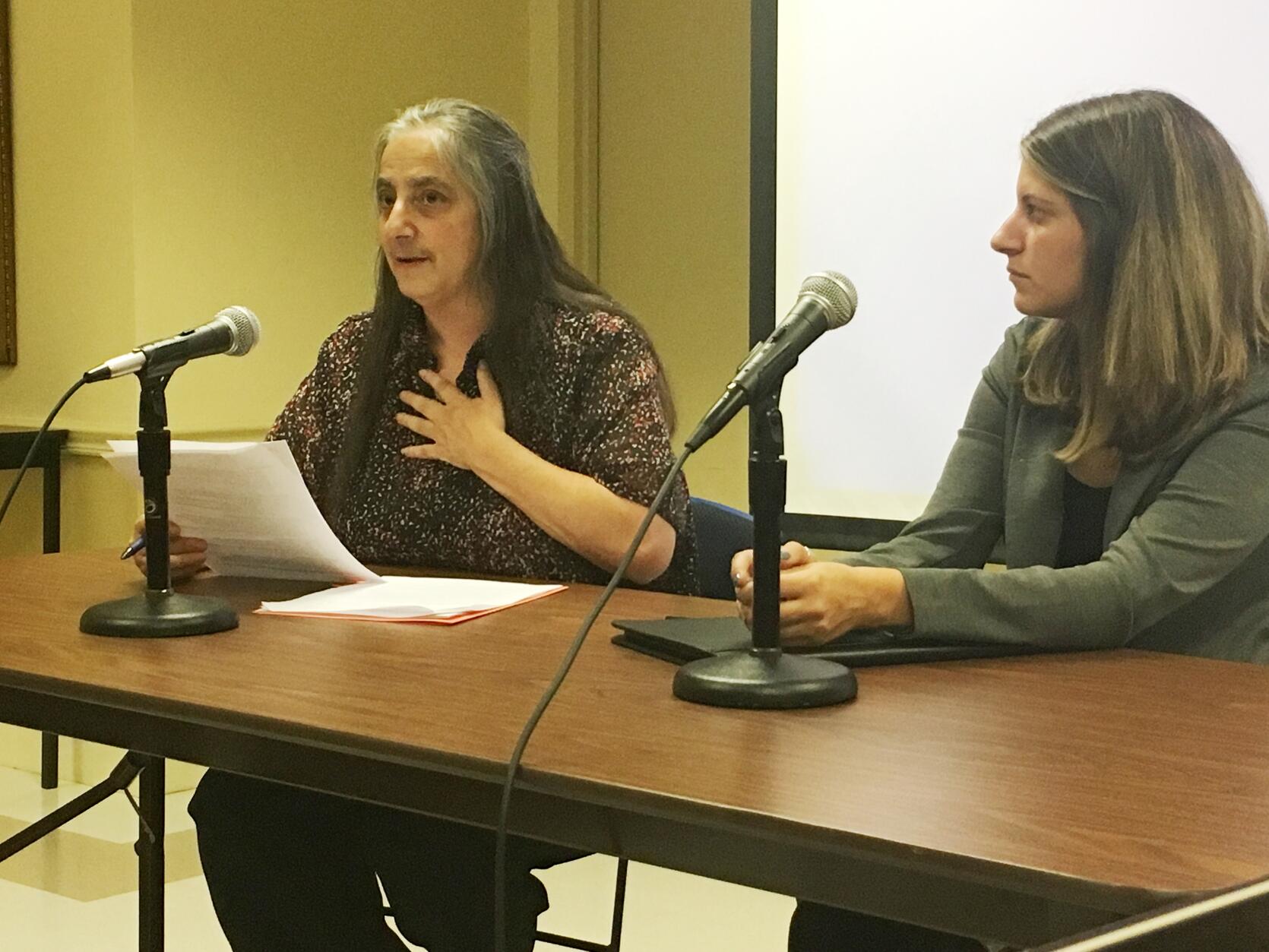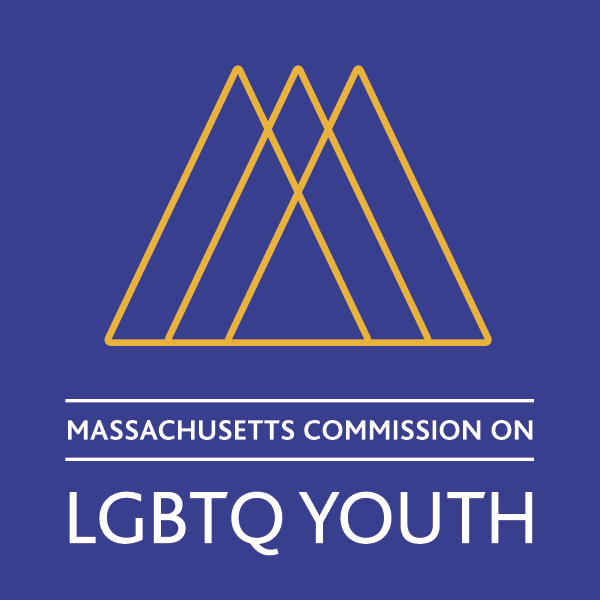- Massachusetts Commission on LGBTQ Youth

Panelists Discuss the Healthy Youth and PATCH Acts
On October 18, 2017, the Massachusetts Commission on LGBTQ Youth convened a panel discussion on sexual health legislation at its bimonthly meeting in Boston. Sexual health has been identified by the Commission as one of its three focus areas for the 2018 fiscal year. LGBTQ youth in Massachusetts, who often are left out of sexual health education and who may not feel comfortable being open with providers, face many disparities when it comes to sexual health. For example, data in Massachusetts has shown that LGBTQ youth are almost three times as likely to report sexual contact against their will, a situation which only heightens the need for competent, affirming, and confidential care. Additionally, LGBTQ people (especially those of color) face disproportionately high rates of HIV across their lifetime, and other disparities exist, such as higher likelihood of teen pregnancies among some queer youth.
Jamie Sabino, a consulting attorney with the Massachusetts Law Reform Institute, and Nikki Goldschein, a government affairs associate with the Planned Parenthood league of Massachusetts, were both invited to speak before the Commission about issues surrounding sexual health. Corey Prachniak-Rincón, the Commission’s director, moderated the discussion.
The panelists primarily came to speak about the Healthy Youth Act, which sets minimum standards for sex education in districts that elect to teach it, and the Act to Protect Access to Confidential Healthcare (PATCH Act), which protects healthcare privacy and is particularly applicable to young people. Both measures passed the Senate but not the House during the last legislative term, and have been reintroduced this year.
Goldschein noted that while the Healthy Youth Act has been around in various forms for several years, it is “now, thankfully, LGBTQ-inclusive” in the standards that it lays out for school districts. The bill explains how sexual orientations and gender identities are diverse, and touches on many issues relevant to the LGBTQ community, such as the importance of consent in sexual activity and preventing dating violence. Goldschein explained that “the inclusion of LGBTQ definitions, and explicitly naming it in the bill, had not previously been there,” and that she thought it was a key step in modernizing and improving sexual health education in the Commonwealth.
While some changes have been positive, however, Goldschein and Sabino noted potential pitfalls of further changes that are being considered by some legislators. For example, Sabino shared that some want the bill to make the new sexual education programs “opt-in” programs, in which guardians must give explicit and written consent for students to participate. “That would really, seriously restrict” the effectiveness of the bill, Sabino said, given that students rarely remember to ask their guardians to sign paperwork. The current version of the act has passed the Senate and is currently being considered by the House.
Meanwhile, the PATCH Act is meant to ensure that health care information that is supposed to be confidential is not revealed in insurance mailings, especially when youth are still on their parents’ plans or who use their parents’ address for billing purposes. Sabino noted that while a doctor cannot divulge to the parents of a 20-year-old that that young person was tested for HIV, the insurance company could still send that information to the parents if the child is on their plan, thus defeating the purpose of existing doctor-patient confidentiality laws. The result is a chilling effect in which many young people never return for care, Sabino said, out of fear that another insurance notice will get sent home that divulges information they want to keep private. This includes care for sexual health issues that are often stigmatized, such as testing and treatment of sexually-transmitted diseases, contraception, and more.
Sabino said that some of the ideas from the PATCH Act have already been adopted by the Department of Insurance, but the law itself will also be important in providing training and education. “You can have rights and it might be on a sign on the wall,” she said, but “rights don’t mean anything if you don’t know them.”
